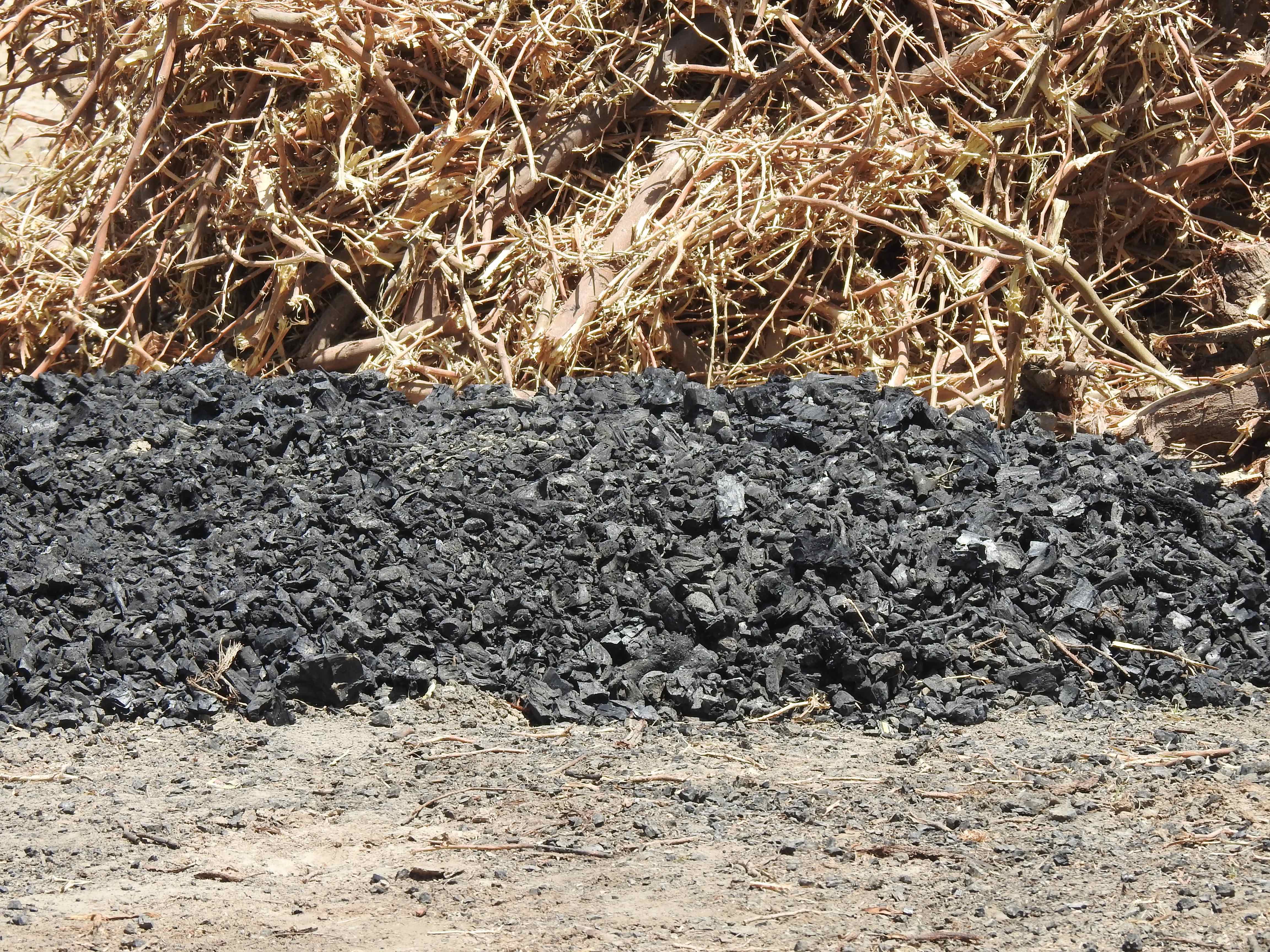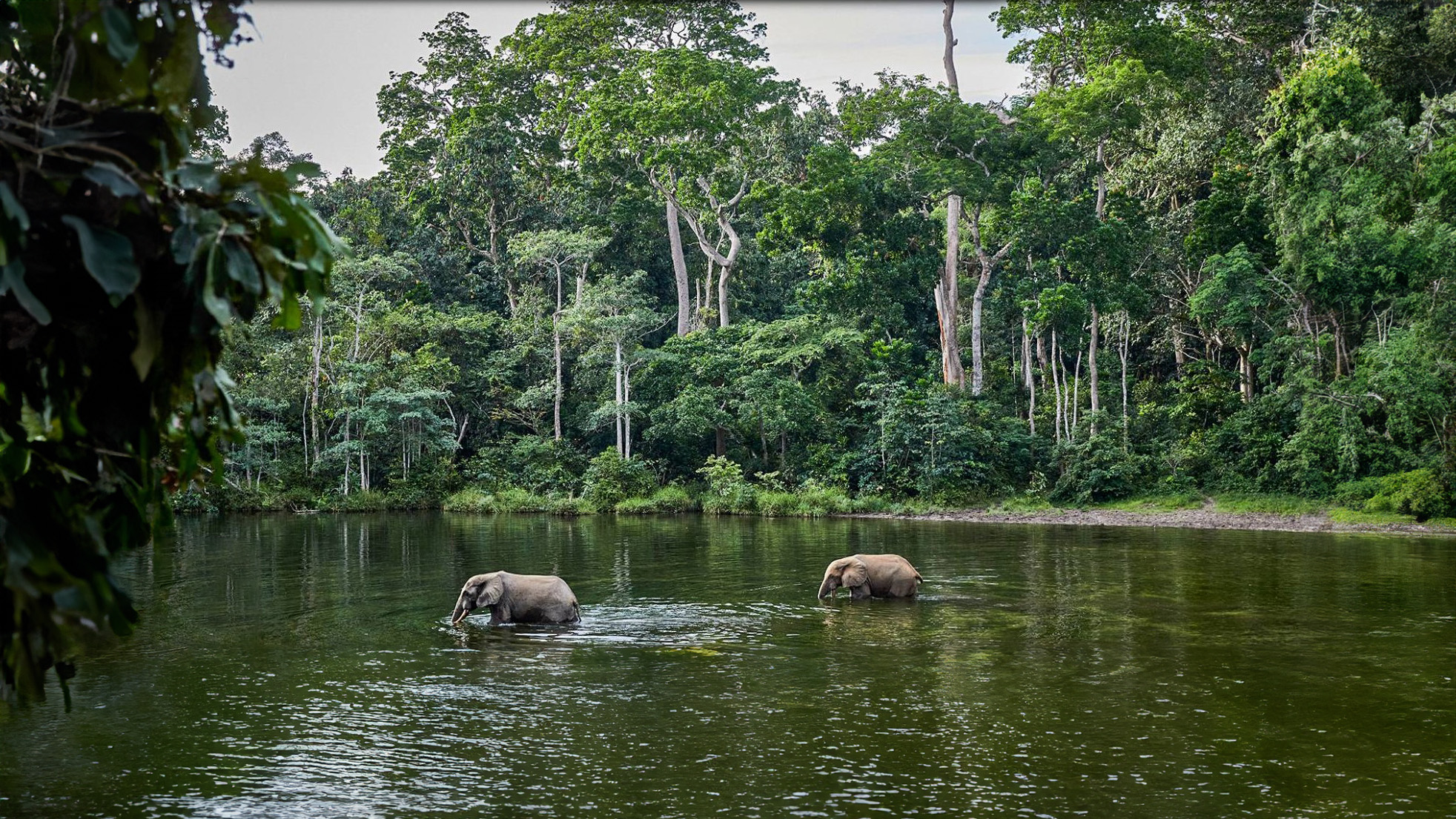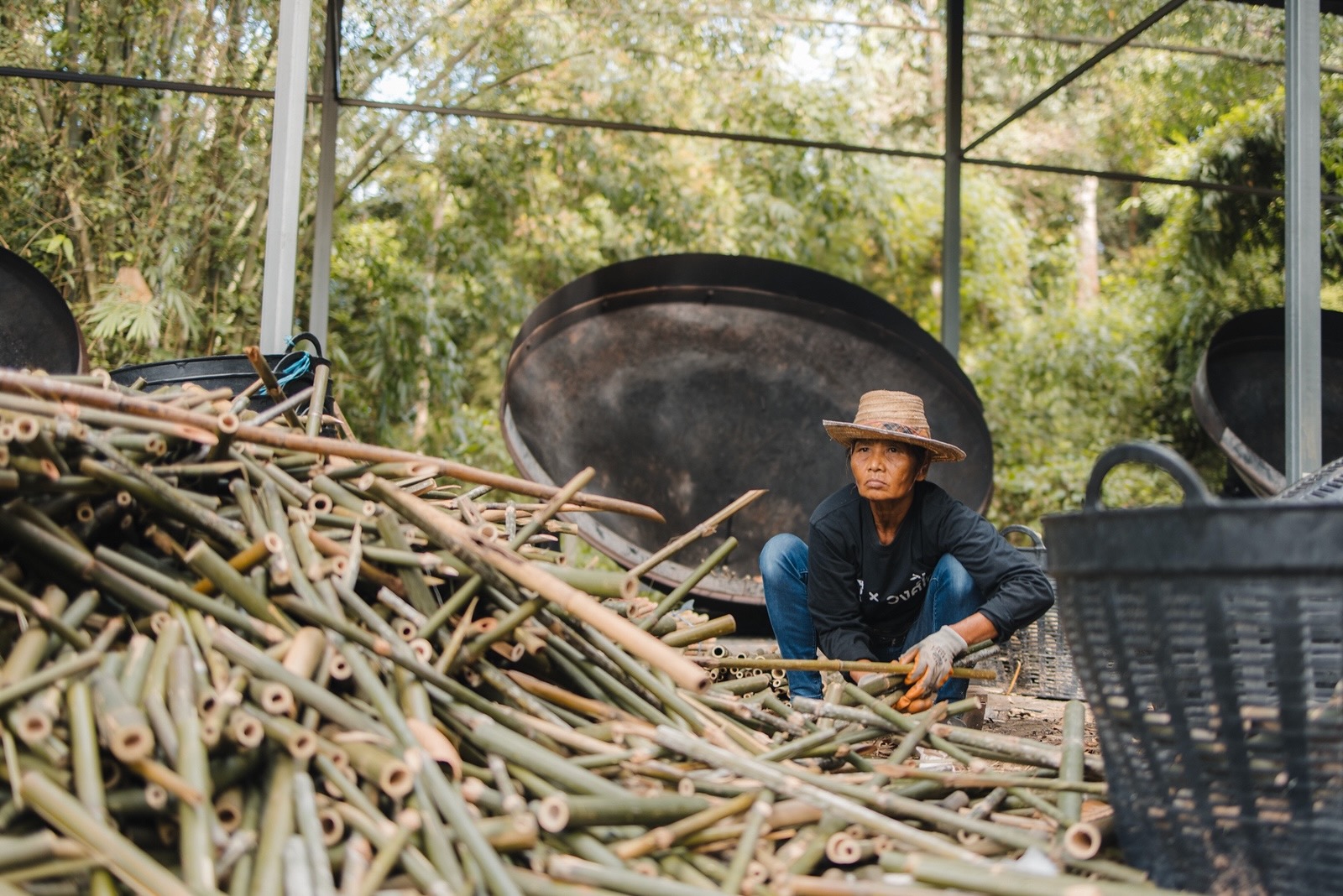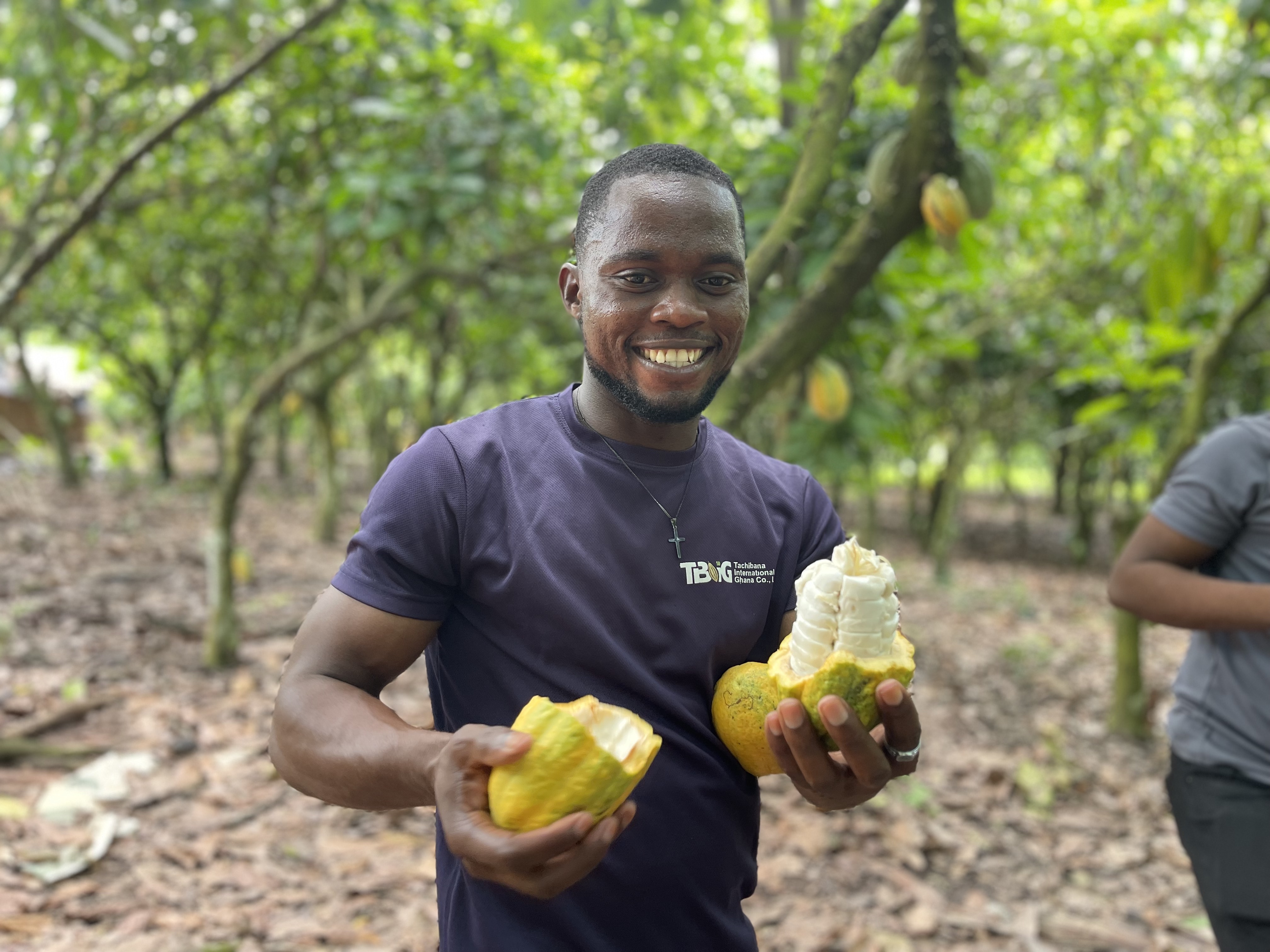Banni Grassland Biochar
Biochar
Biomass
プロジェクト概要
The project developer, Varaha, is an end-to-end project developer that specializes in nature-based solutions, including regenerative agriculture and ARR, and hybrid projects like biochar. These projects promote climate adaptation, biodiversity, water conservation, and increased income for smallholder land stewards. In their second year of operation, Varaha's first five projects are removing and avoiding over 1 million tonnes of CO₂ emissions while distributing the majority of revenues to more than 100,000 smallholder land stewards across Southeast Asia and Sub-Saharan Africa.
Varaha's cutting-edge MRV technology — including a bio-geo-chemical model for soil carbon, remote sensing, and machine learning — ensures high quality and verifiable project success. Their team has a proven track record of scaling projects and products to millions of smallholder land stewards and is backed by leading global investors who share their vision for sustainable, nature-based solutions.
At the heart of Varaha's operations is their climate tech platform, which offers a range of features. Equipped with remote sensing, carbon modelling, and a proprietary Carbon Quantification Tool (CQT), the platform enables cost-effective and precise enrollment of partners, quantification of greenhouse gas emissions, and measurement, reporting, and verification of projects and carbon credits at scale. They prioritize efficiency and transparency throughout the carbon credit creation process with the goal of ensuring accurate and reliable results.
In addition, Varaha empowers organizations to achieve their net-zero goals by granting them access to high-quality carbon credits. They curate a selection of rigorously vetted nature-based and hybrid projects, allowing clients to choose credits that align with their sustainability objectives. By adopting cutting-edge technology and maintaining rigorous standards, Varaha aims to ensure the longevity and reliability of investments in carbon credits.
Situated in Gujarat, India, the project addresses the challenges posed by an invasive species within a grassland reserve. It converts waste biomass from restored areas into biochar using Carbon Standard International techniques. This biochar is combined with compost and spread on the grassland, locking away CO₂. This initiative is executed in partnership with a local NGO restoring the grassland in Gujarat, India.
Operating since March 2023, the project uses KonTiki kilns to convert invasive wood into biochar, which is subsequently combined with compost and spread across the grassland. The permanence of the stored carbon is ensured by converting biochar to a non-combustible form, minimizing risks of re-entering the atmosphere.
Beyond carbon removal, the project positively impacts the local community by creating jobs, doubling average daily wages, and generating revenue through community income. It also educates and engages locals during the Rann of Kachchh festival. The project actively involves the community, guarantees fair wages, and contributes to economic growth. Additionally, it provides benefits through vocational training, enhancing the resilience of the area against climate change and maintaining cultural integrity.
The project employs strategies to mitigate air pollutants, focusing on accurately quantifying methane emissions and compensating through local tree plantation. Waterways remain unpolluted due to project activities, with a positive influence on local water and soil quality through improved methodologies. Soil quality enhancement and reduced reliance on artificial fertilizers are notable outcomes. Furthermore, the project works to restore grassland reserves, aiming to accelerate balanced ecology and sustainable biodiversity. Waste management adheres to responsible practices, with no hazardous waste produced.




